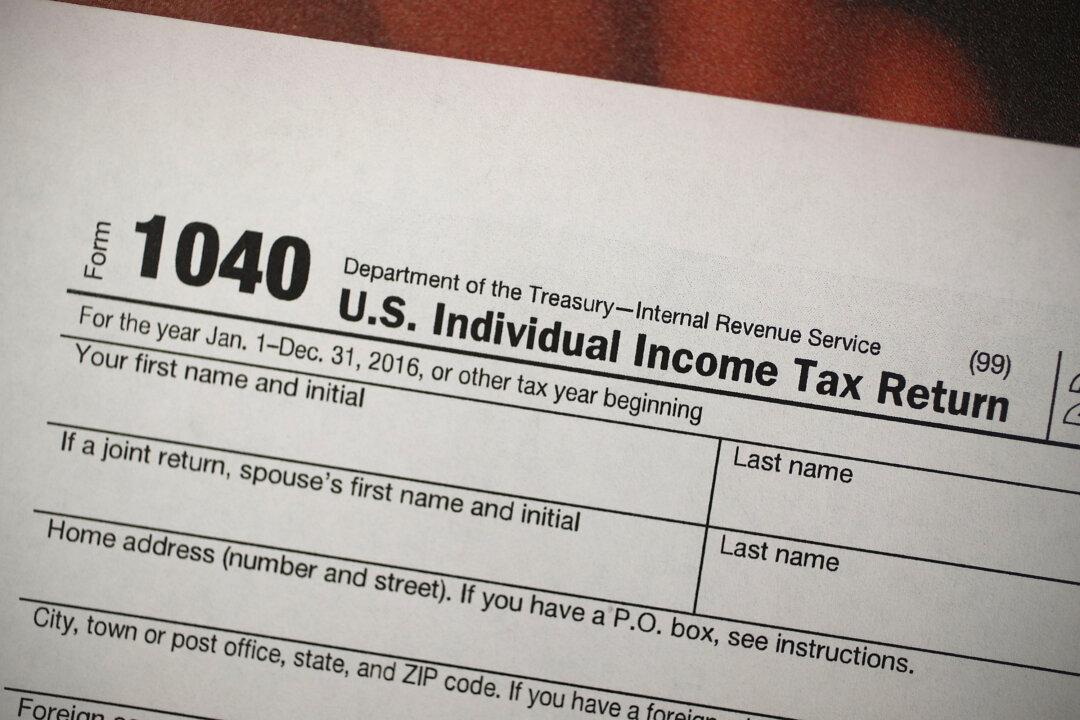On Jan. 10, 2023, Rep. Buddy Carter (R-Ga.) introduced H.R. 25, the Fair Tax Act, to replace the current tax code with a national consumption tax known as the FAIRtax.
“Each household will receive a monthly prebate based on federal poverty levels and household size that will allow families to purchase necessary goods, such as food, shelter, and medicine, essentially tax-free. This is similar to our current individual exemption and refundable tax credit system,” said Rep. Carter





